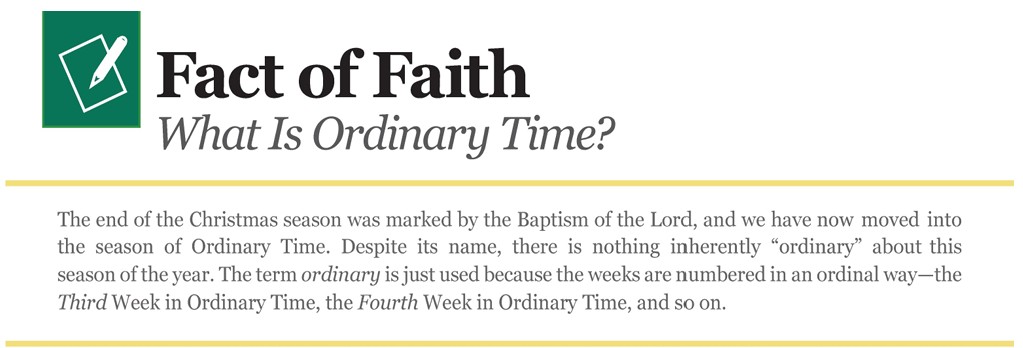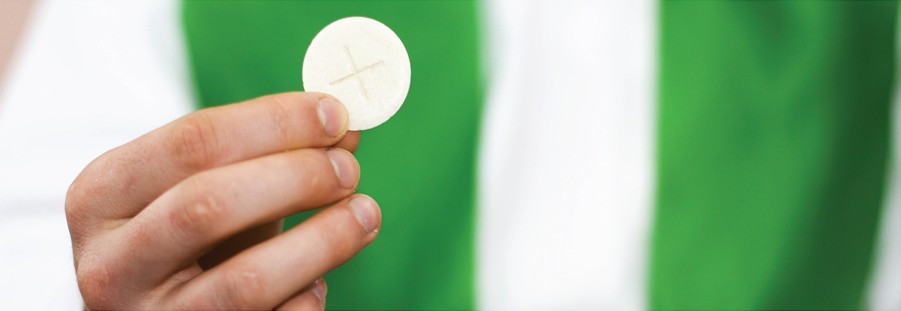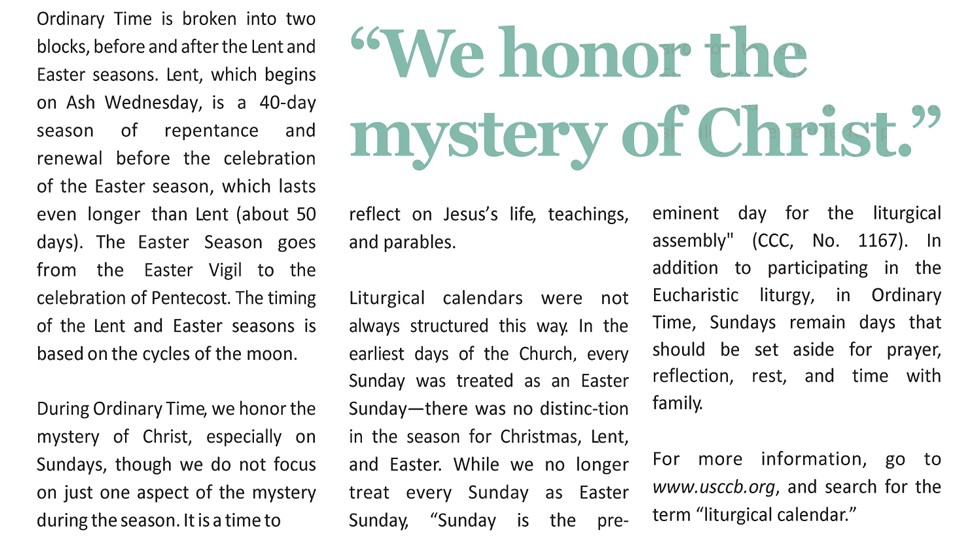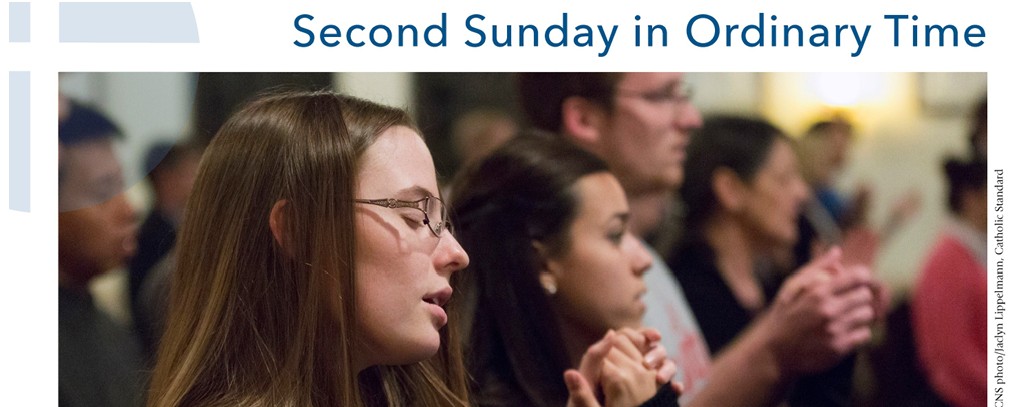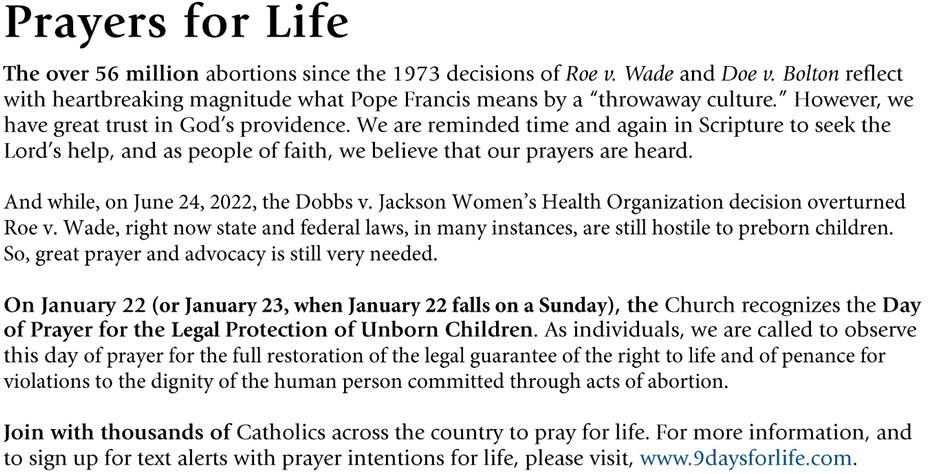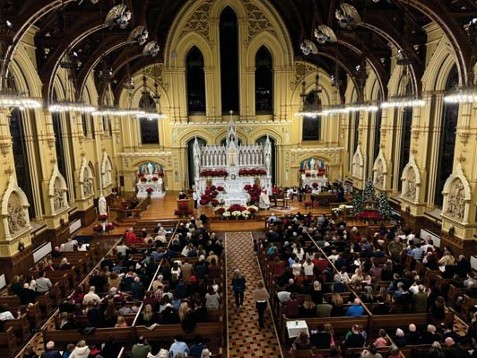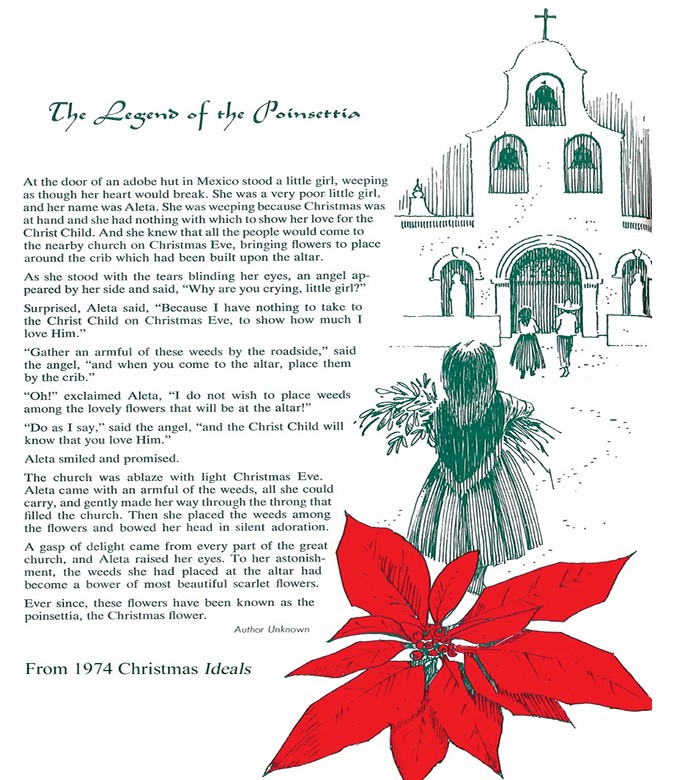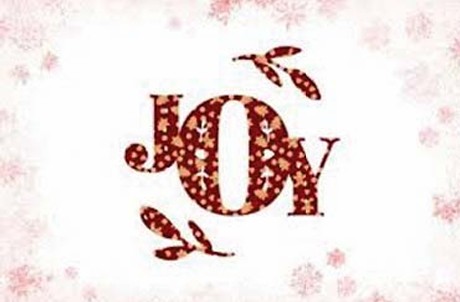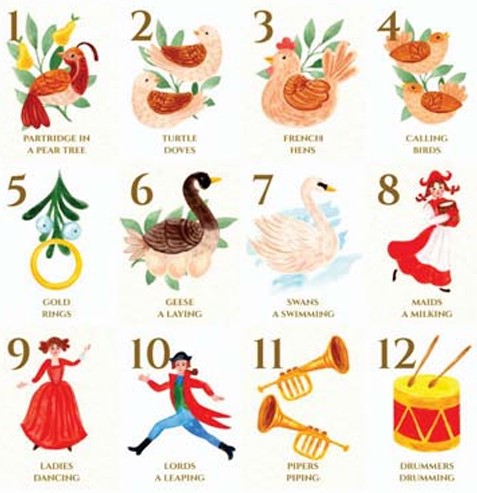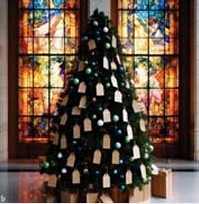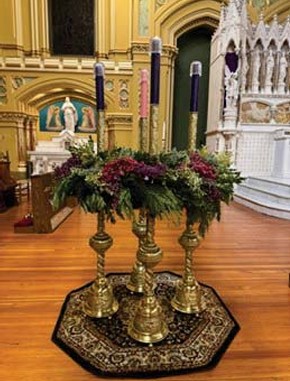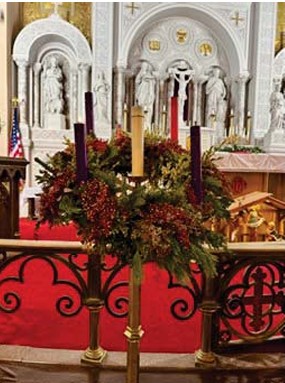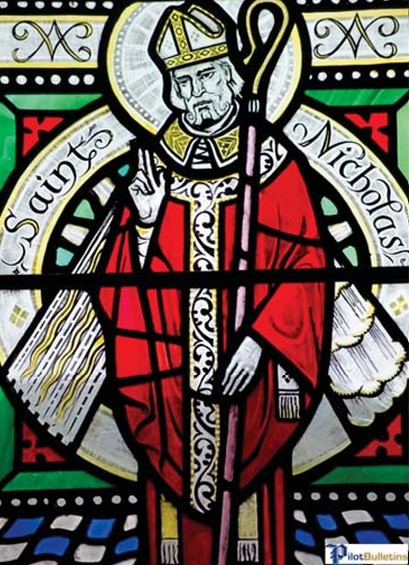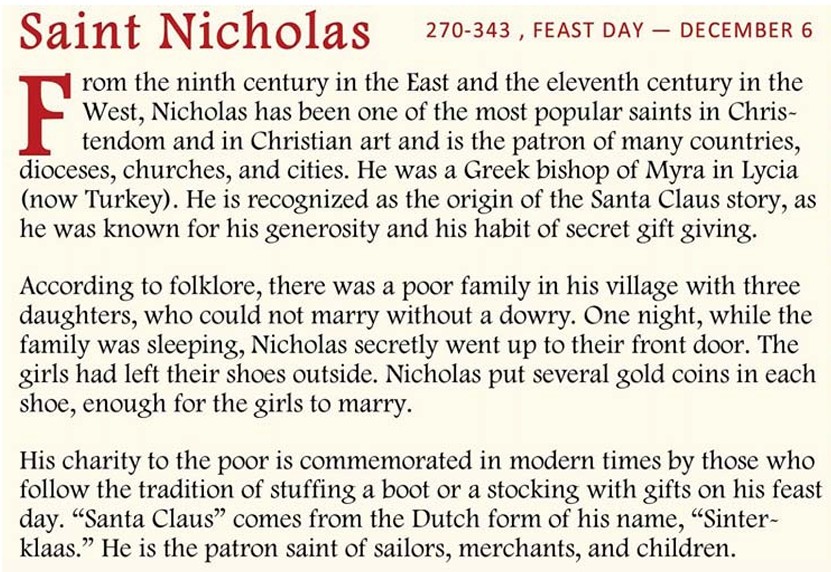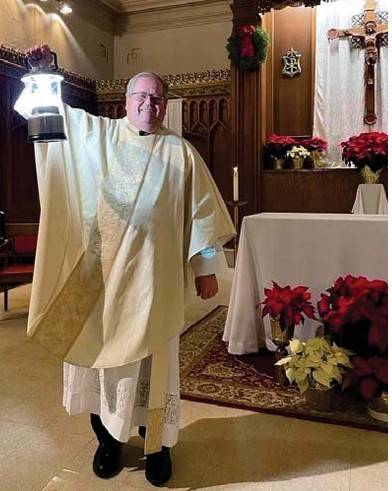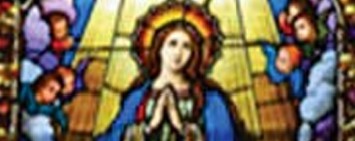From our Pastor
https://stmarystcatherine.org/wp-content/themes/osmosis/images/empty/thumbnail.jpg 150 150 Charlestown Catholic Collaborative Charlestown Catholic Collaborative https://stmarystcatherine.org/wp-content/themes/osmosis/images/empty/thumbnail.jpg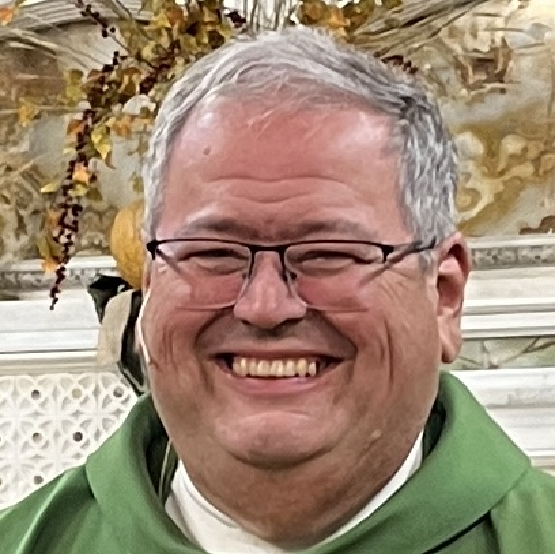
FUEL COSTS
This weekend at St Mary-St. Catherine’s there is a second collection to assist us in paying the high costs of heating our beautiful church and parish center. This year, more than before, we are relying on each parishioner to help.
The cost of heating the buildings so far this winter amounts to over $20,000 for just these two buildings.
We understand that all families are feeling these higher costs.
As you can see, our weekly offertory alone is not enough income to pay bills these high bills.
There will be a heat collection at St. Francis later in the year.
If you would like to make a contribution at this time to either Parish to assist with the heating bills,
please include a memo on your donation.
As always, Thank You.
Your tremendous generosity is greatly needed and appreciated.
Coming March 14-15
A Guest from Food for the Poor
Fr. Michael Onyekuru MS, JCD- a dedicated priest of the Archdiocese of Atlanta, formed in Rome and ordained in 2000, with a strong foundation in Canon Law and Clinical Counseling Psychology.
Rooted in a family rich in religious vocations, he has served Church through parish ministry, counseling, and tribunal work, and now serves as Judicial Vicar. His ministry has been marked by a deep commitment to the poor and vulnerable, especially through groups like the Society of St. Vincent de Paul and the Legion of Mary.
Father will be presiding at Masses and speaking about the Catholic organization Food for the Poor.
The Sacrament of Baptism
“The door of the Church” is what many call the Sacrament of Baptism because it is the first of the seven sacraments not only in time (since most Catholics receive it as infants) but in priority, since the reception of the other sacraments depends on it.
Baptism is the first of the three Sacraments of Initiation, the other two being the Sacrament of Confirmation and the Sacrament of Holy Communion. Once baptized, a person becomes a member of the Church. “Baptism incorporates us into Christ and forms us into God’s people. This first Sacrament pardons all our sins, rescues us from the power of darkness, and brings us to the dignity of adopted children…” (Rite of Christian Initiation)
Infant Baptism requires that parents make a solemn commitment that they will raise the child in the Catholic faith. In practical terms this means that the parents promise to:
- Bring your child to Sunday Mass each week starting the Sunday after Baptism.
- Enroll your child in Faith Formation classes starting no later than the first grade and continuing through Confirmation.
- Teach by word and example at home to love God and neighbor as Jesus taught.
Christian initiation is accomplished by three sacraments together:
Baptism which is the beginning of new life;
Confirmation which is its strengthening;
and the Eucharist which nourishes the disciple with Christ’s Body and Blood for his transformation in Christ.
“Go therefore and make disciples of all nations, baptizing them in the name of the Father and of the Son and of the Holy Spirit, teaching them to observe all that I have commanded you” (Mt 28:19-20).
Baptism is birth into the new life in Christ. In accordance with the Lord’s will, it is necessary for salvation, as is the Church herself, which we enter by Baptism. The essential rite of Baptism consists in immersing the candidate in water or pouring water on his head, while pronouncing the invocation of the Most Holy Trinity: the Father, the Son, and the Holy Spirit.
The fruit of Baptism, or baptismal grace, is a rich reality that includes forgiveness of original sin and all personal sins, birth into the new life by which man becomes an adoptive son of the Father, a member of Christ and a temple of the Holy Spirit. By this very fact the person baptized is incorporated into the Church, the Body of Christ, and made a sharer in the priesthood of Christ.
Baptism imprints on the soul an indelible spiritual sign, the character, which consecrates the baptized person for Christian worship. Because of the character Baptism cannot be repeated.
Those who die for the faith, those who are catechumens, and all those who, without knowing of the Church but acting under the inspiration of grace, seek God sincerely and strive to fulfill his will, can be saved even if they have not been baptized.Those who die for the faith, those who are catechumens, and all those who, without knowing of the Church but acting under the inspiration of grace, seek God sincerely and strive to fulfill his will, can be saved even if they have not been baptized.
Since the earliest times, Baptism has been administered to children, for it is a grace and a gift of God that does not presuppose any human merit; children are baptized in the faith of the Church. Entry into Christian life gives access to true freedom.
In case of necessity, any person can baptize provided that he have the intention of doing that which the Church does and provided that he pours water on the candidate’s head while saying: “I baptize you in the name of the Father, and of the Son, and of the Holy Spirit.”
World Day of the Sick
Saturday, Feb. 14
The World Day of the Sick is usually celebrated
around the Feast of Our Lady of Lourdes which is
Feb. 11, the anniversary of the first apparition of
Our Lady to St. Bernadette in Lourdes, France.
Since it falls on a Saturday, we will honor this
day at the 4 pm Mass at both churches. During this
Mass, we will administer the Sacrament of
Anointing of the Sick to anyone who wishes to receive it.
World Marriage Day
Sunday, Feb. 15
Marriage is a living sacrament. It is a sign to the world
of the invisible God living in our midst―the living God
who bears fruit in the lives of two people
who have promised to live out their
lives together in mutual support and love.
On the weekend of Feb. 14/15, we will celebrate
World Marriage Day. Married couples will receive
a special blessing and will be invited to restate
their vows at each of our Masses that weekend. We
look forward to praying and celebrating with you!

